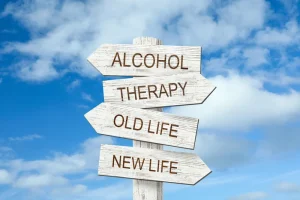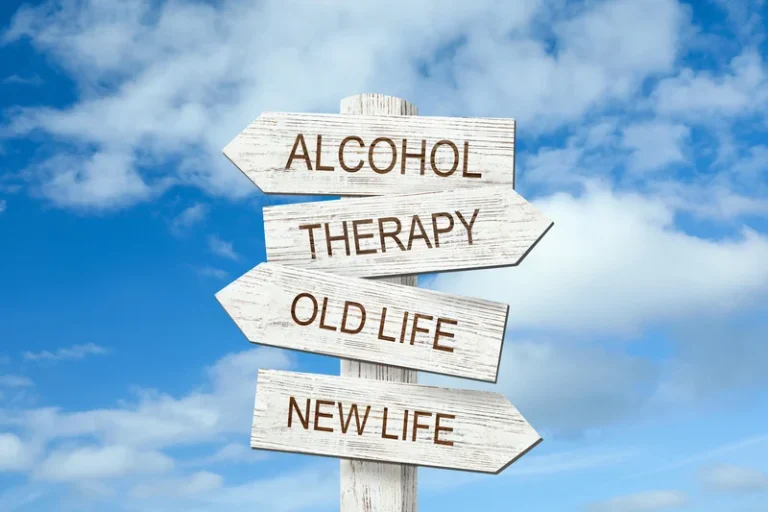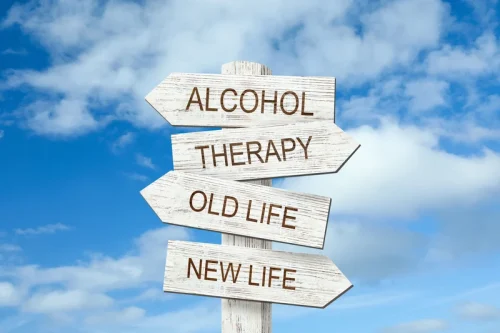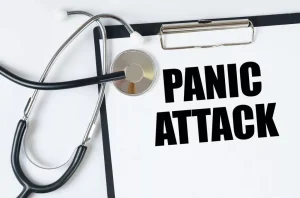
If you feel stressed in these situations, you may struggle to understand why. You may not feel that you can talk to anyone about your feelings or struggle with guilt. But feeling stressed in these situations is very common. If you’re eating to relieve stress, it’s time to find other coping mechanisms.

Positive coping responses
Laughter also improves your immune system, lessens pain, and improves your mood for long periods of time. “Active coping means you’re working to address a concern in a direct, head-on manner. Eating a regular, well-balanced diet will help you feel better in general. Your meals should be full of vegetables, fruit, whole grains, and lean protein for energy. It’s not good for you and can put you in a bad mood, which can actually increase your stress.
Are stress and mental illness linked?

Struggling with debt or living paycheck to paycheck can create 10 negative ways to deal with stress a continuous state of worry and stress. Concerns about future financial security or preparing for sudden unforeseen expenses like medical emergencies or car repairs can cause ongoing stress. “Loud noise triggers the stress response,” Dr. Ramchandani notes. Exercise won’t make your stress disappear, but it can reduce some of the emotional intensity that you’re feeling, clearing your thoughts and letting you deal with your problems more calmly. Please be sure to tell your doctor how you are feeling and reach out for help if you need it. Here are 12 tips on how to cope with stressors in life effectively.
Watch out for unhealthy responses to stress

We have added some emotional support lines at the end of this factsheet. Some people are more affected by stress than others. It can depend on factors such as your personality, upbringing, your work and home life. On the other hand, positive coping responses keep you in the present moment. They give you chances to actively work https://ecosoberhouse.com/ toward solving your problems. When you stress eat, you take in a lot more calories than you need and you’re probably not choosing the healthiest foods.
- You’ll be letting go of unnecessary stress in the process.
- Nurturing yourself is a necessity, not a luxury.
- These forms of self-medicating may temporarily dull your anxiety, but soon you may face more stress as a result.
- There are a lot of challenges that can fall into this category, but it seems the overarching issue is rooted in the feeling of being powerless.
- No content on this site, regardless of date, should ever be used as a substitute for direct medical advice from your doctor or other qualified clinician.
How to Cope With Anxiety-Induced Procrastination

Be mindful of how you are reacting to stress. Dr. Jon Kabat-Zinn’s Mindfullness-Based Stress Reduction or MBSR is a trusted method in learning more about ways of coping with stress and chronic illness. The Osher Center for Integrative Medicine at the University of California-San Francisco offers a weekly guided course in Mindfulness-Based Stress Reduction. The University of Massachusetts Medical School in Worcester also offers a MBSR study group for stress management. There are MBSR courses all over the world, offered both online, one-on-one or in groups.
- Conflicts, misunderstandings, or a lack of support from your family can create significant stress.
- The Calm app puts the tools to feel better in your back pocket, with personalized content to manage stress and anxiety, get better sleep, and feel more present in your life.
- But the truth is, you have a lot more control over stress than you may think.
- However, the issues you’re facing are surmountable if you take them one step at a time.
Ensure that you have leeway in your routine and incorporate leisure time so that a rigid what is alcoholism schedule does not turn into another source of anxiety. Shifting your perspective about a situation is not always easy, but it’s one of the most imperative choices you can make to help quell anxiety and stress. Incorporating some of the other tips in this guide can help you change perspective, like taking a step away from the situation to immerse yourself in nature or talking to a friend or therapist. Your best bet for overcoming anxiety is to practice mindfulness, gratitude, and mind-centering activities rather than self-medicating or relying on vices. Many online resources discuss quitting smoking, and online support groups can help with substance abuse issues.
Tip #6: Aim to reduce or avoid unhealthy vices
It can be healthy when it helps you avoid an accident, meet a tight deadline, or keep your wits about you amid chaos. The way we deal with stress is often learned. We saw our parents handle disappointment, financial woes or crisis in a particular way and our young minds soaked it up.






